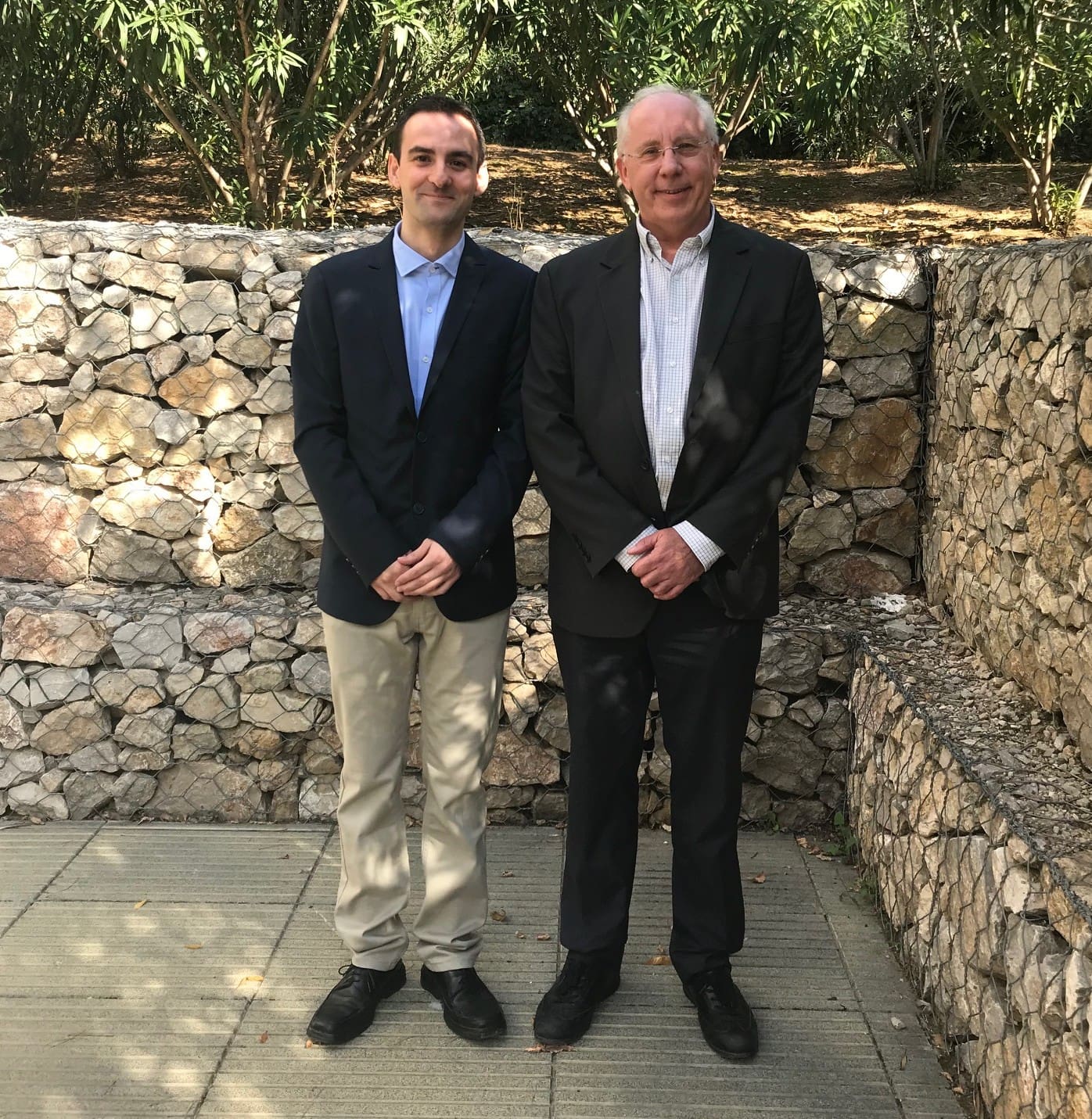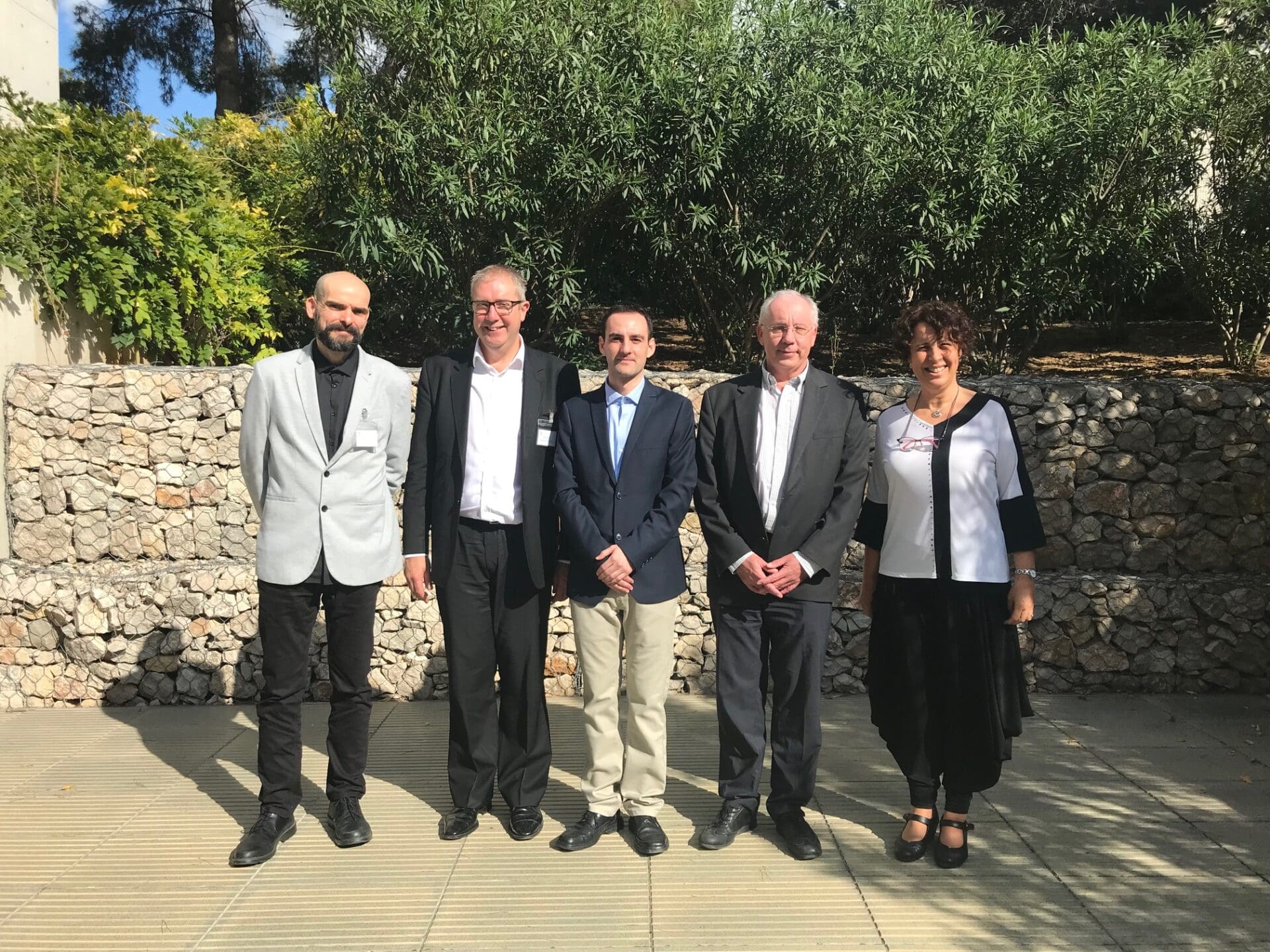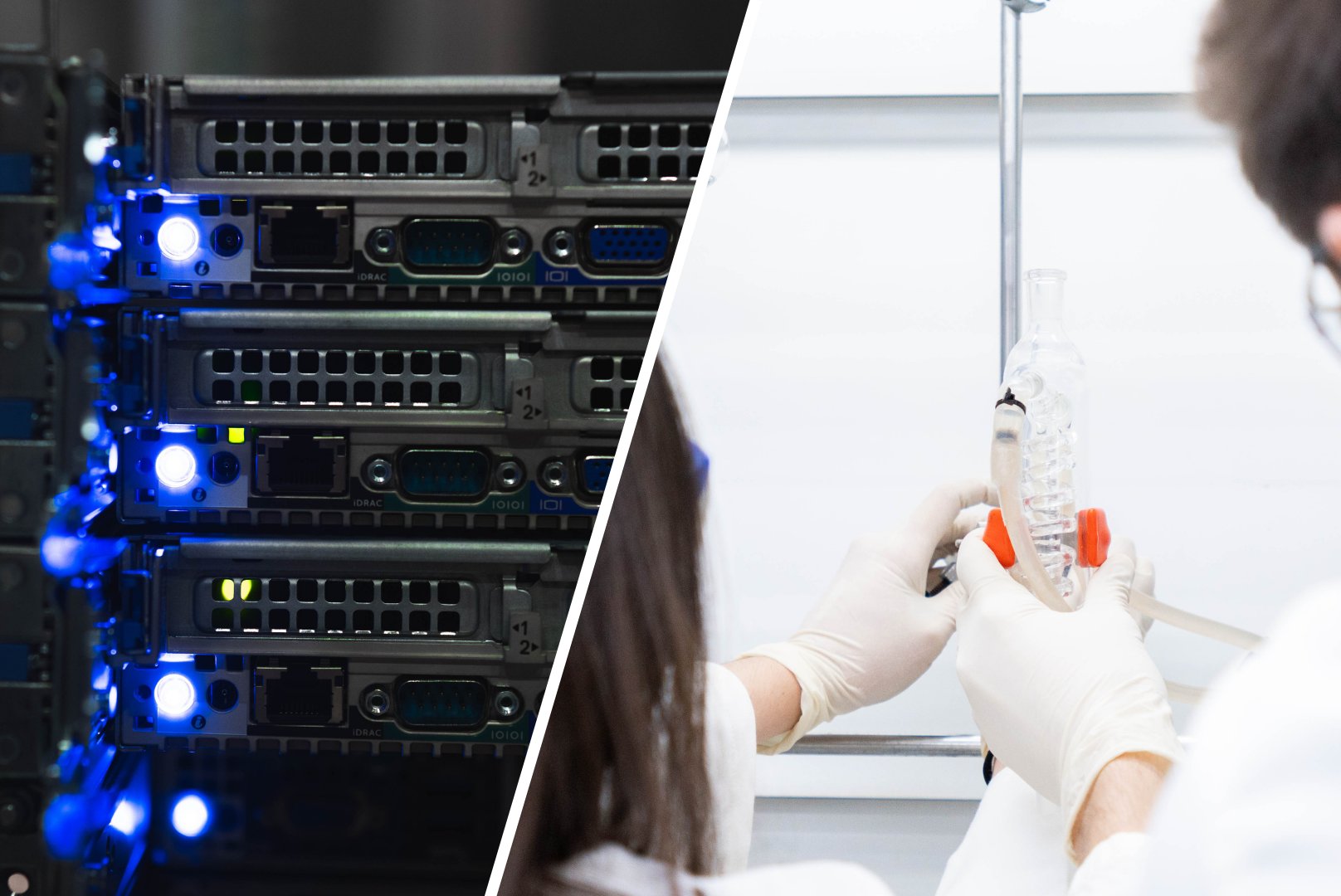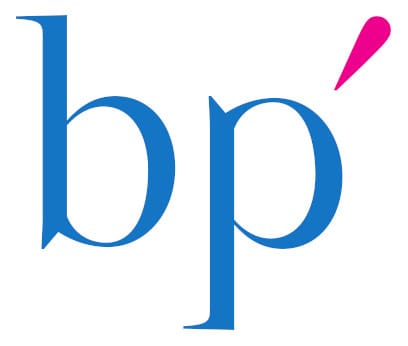New Doctor at ICIQ: Luis Escobar
Luis Escobar, PhD student under the supervision of Prof. Pau Ballester (ICIQ), has defended his PhD Thesis entitled “Molecular Recognition in Organic Solvents and Water Using Receptors Based on Calix[4]pyrrole Scaffolds” (assigned to the Department of Analytical and Organic Chemistry of the Universitat Rovira i Virgili) publicly on October 31st at the ICIQ Auditorium.
The members of the examining committee were: Prof. Christopher A. Hunter (University of Cambridge), Dr. Cristina Vicent (CSIC) and Dr. Salvador Tomás (University of London).
Dr. Escobar was born in La Herrera, a small town in Albacete, Castilla-La Mancha. He studied Chemistry in Ciudad Real and in his third year, joined Prof. Ballester’s group as a summer fellow. He eventually came back for the URV/ICIQ master and stayed in Ballester’s group for his PhD. During his stay in Tarragona, he has enjoyed living next to the sea and meeting people from all around the world.
Why did you become a scientist? What would you want to achieve as a scientist?
At school, I was interested in math, chemistry, and physics. So, I’ve always been interested in science and, on top of that, I had good teachers who encouraged me. I decided to study chemistry because I thought I’d enjoy learning what things are made of and why things happen. I wanted to expand what I know about the world around me.
As a scientist, I’d like to work on basic research, helping new students advance in their careers and expand our current knowledge. A problem that interests me is understanding molecular recognition in biological systems – which we do now using synthetic models in water, but it’s a challenging endeavor to pursue in the context of cells.
From the lessons learnt at ICIQ, which one do you value the most?
The most important thing that I’ve learnt is that a boss has to be there for their students to help them learn and grow. The ICIQ seminars and workshops are very useful to expand horizons and learn about research going on outside your usual scope.
What will you miss the most from ICIQ?
I’ll miss the guidance received. Both talking with my supervisor and the postdocs within the group was extremely useful. I really appreciate all that support – that’s what has allowed me to develop as a researcher!
What advice do you have for students who are starting their PhD now?
Learn as much as you can during this time. In research there’re negative and positive results, most of them are negative but if you manage to understand them, you’ll learn a lot and improve both the experiments and the results. They are extremely important!
Where are you going next?
First, I’ll go to my hometown. In February I’ll start working as a postdoc in Germany at Tomas Carell’s group at LMU. They do chemical biology and specialize in oligonucleotides.
If you were a lab instrument which would you be?
NMR spectrometer – I’ve spent a lot of time at the NMR room. It’s a useful technique that allows us to study compounds from a structural point of view. In our group, we also use it to study dynamic systems in equilibrium processes to understand receptors and substrates.
Related news

Let's create a brighter future
Join our team to work with renowned researchers, tackle groundbreaking
projects and contribute to meaningful scientific advancements








 30-10-2024
30-10-2024 


















